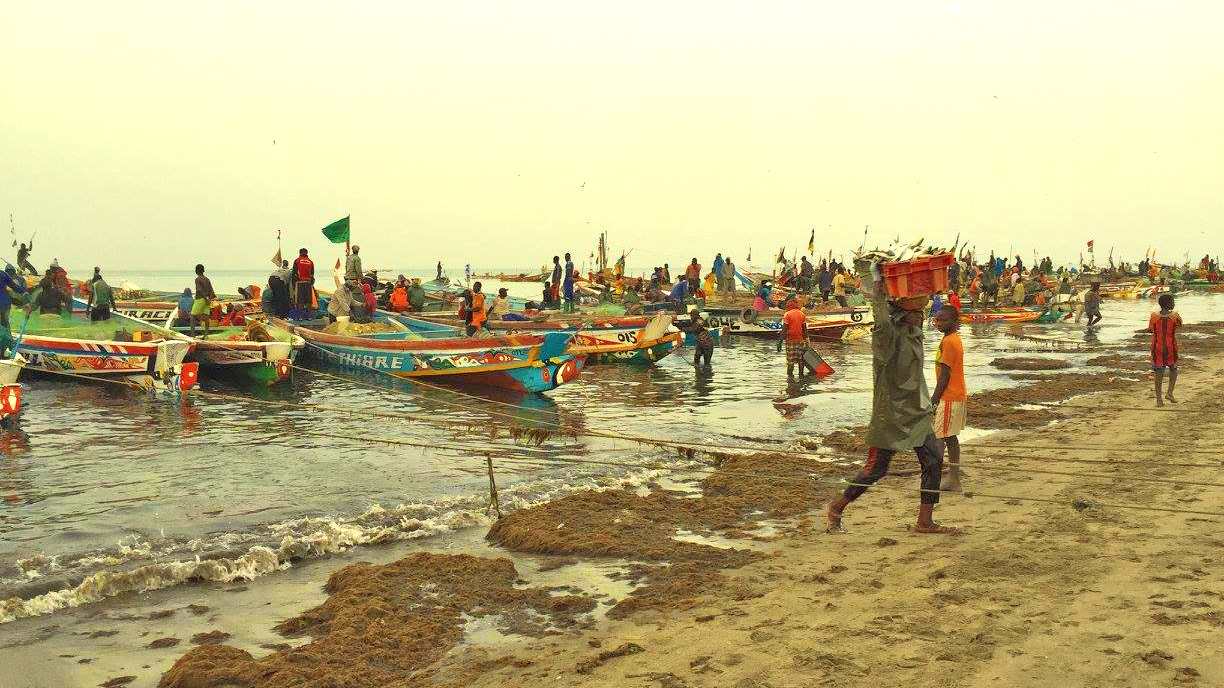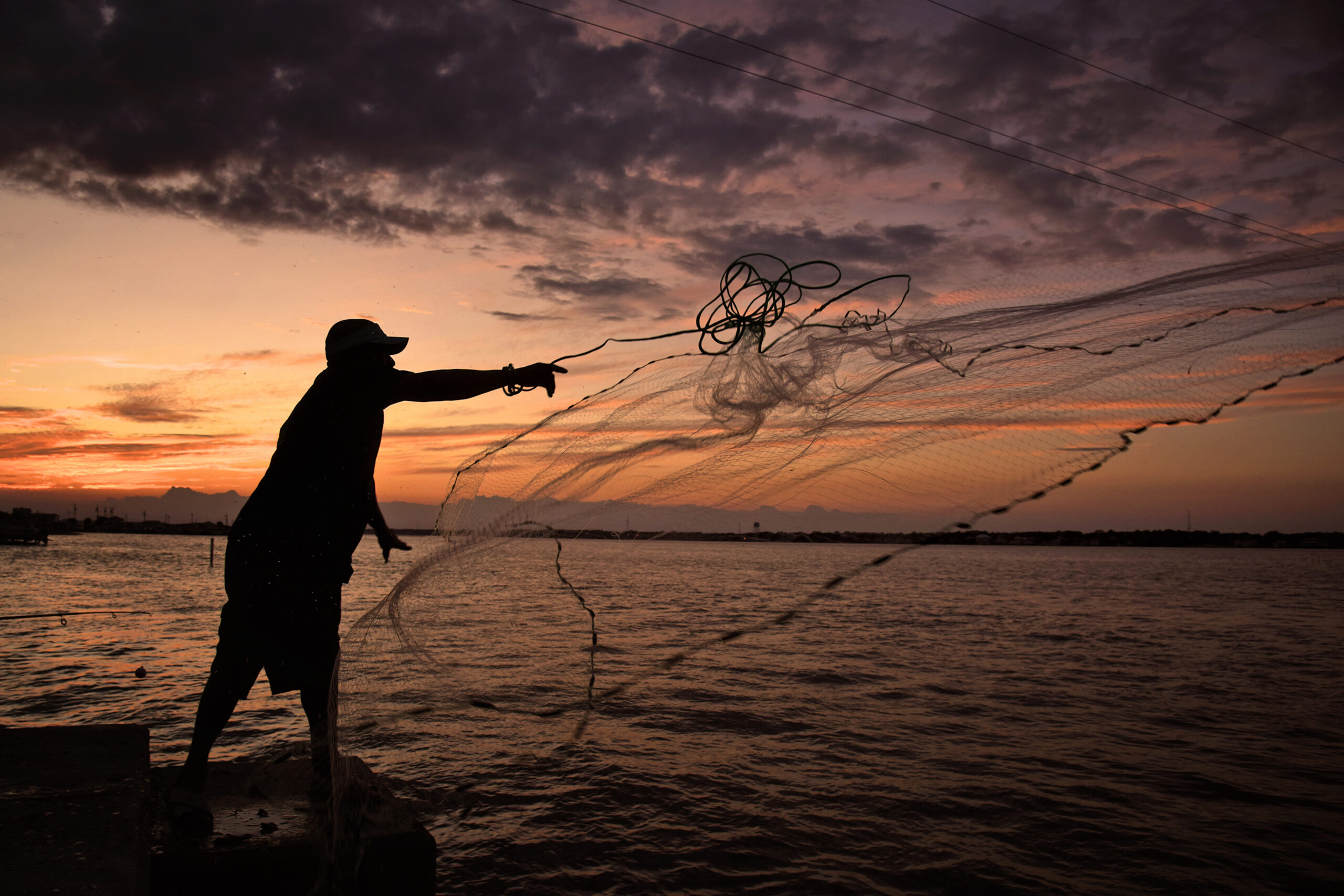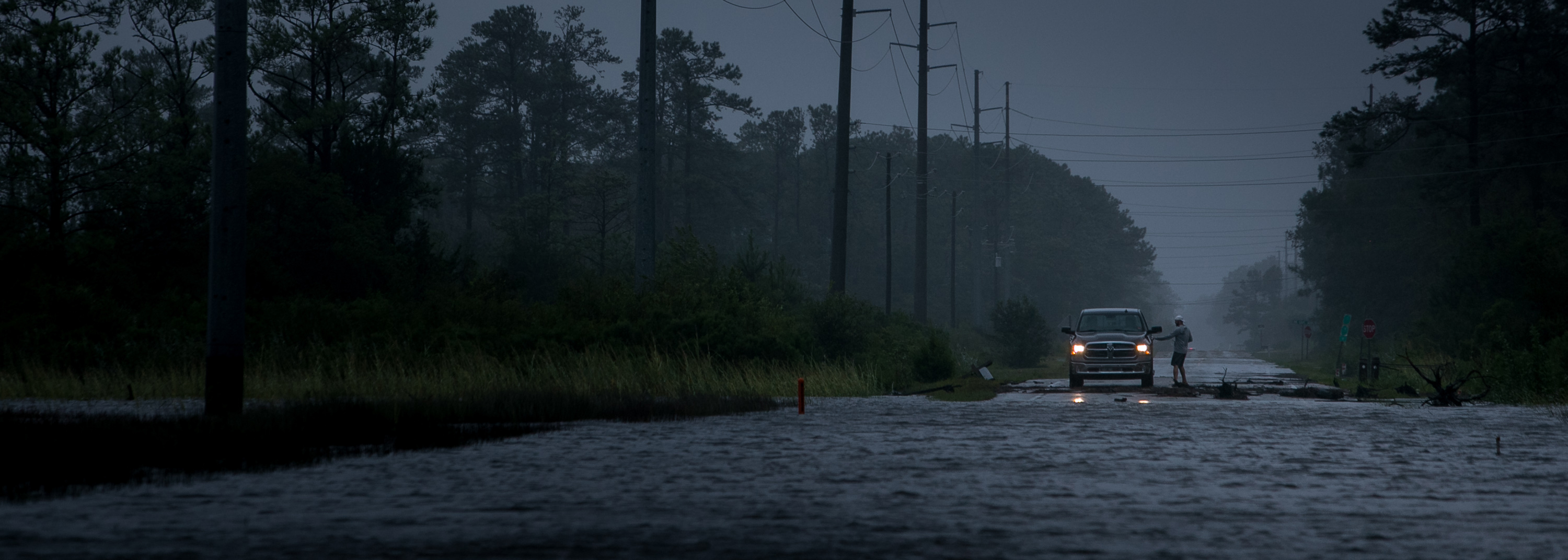
Fall 2018
After the Storms: Lessons in Recovery and Resilience
A North Carolina continues to recover and assess immediate damages from Hurricane Florence and Tropical Storm Michael, community and individual needs are extensive. Long-term needs also will be a focus for years to come.
Read MoreMore From Fall 2018
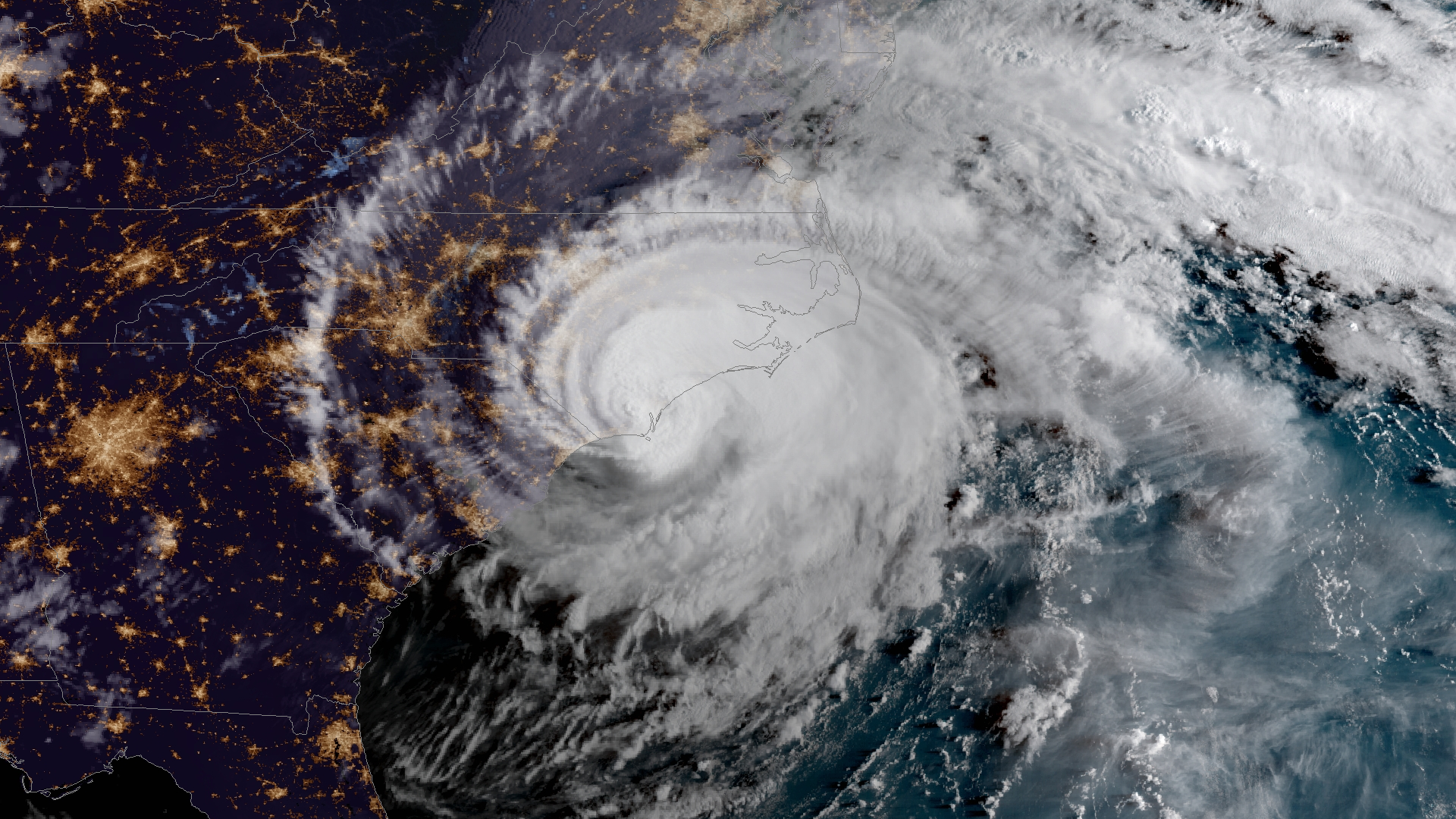
A Slow-Motion Emergency
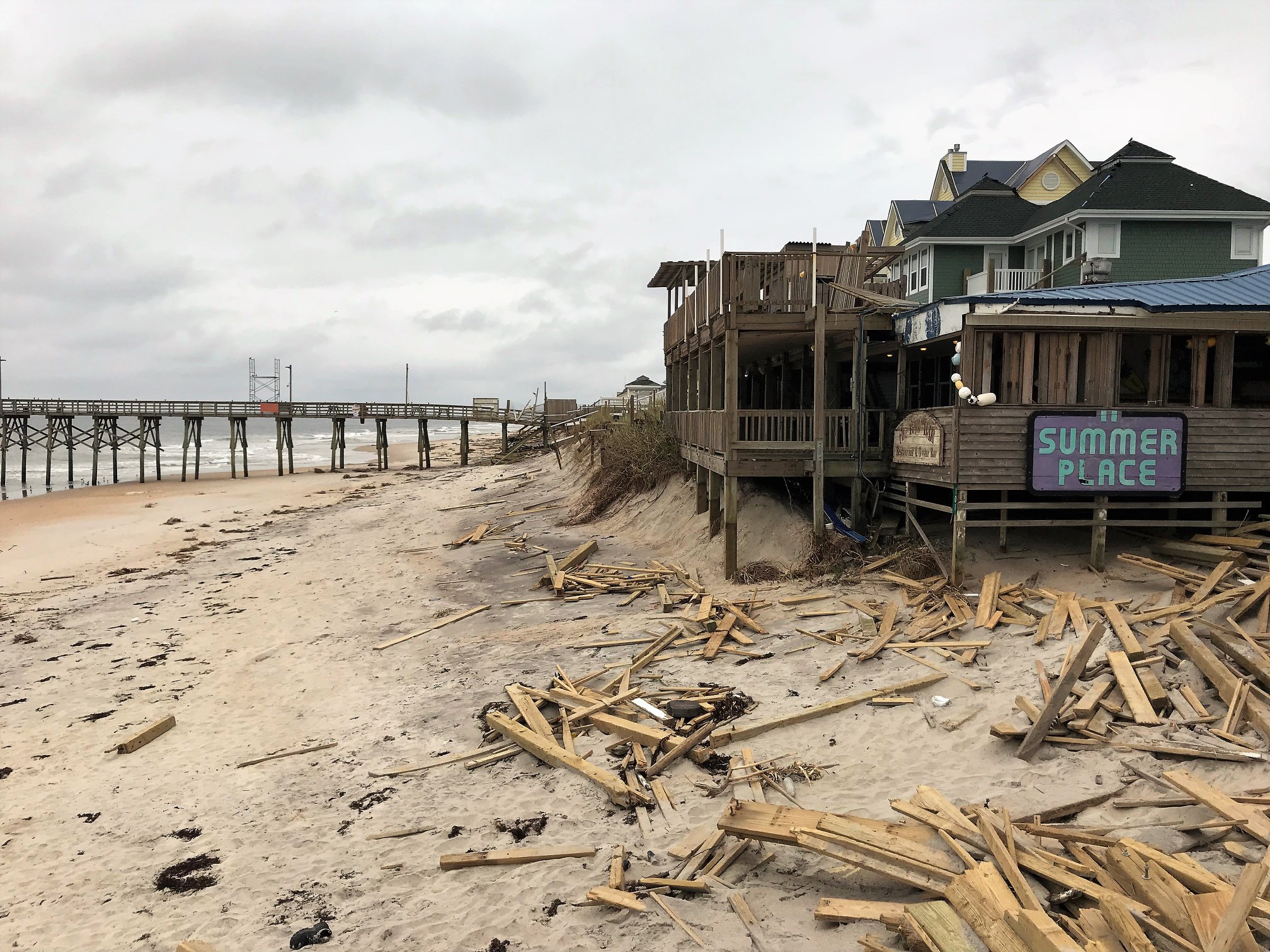
Wind Damage? Check Insurance Incentives When Making Repairs
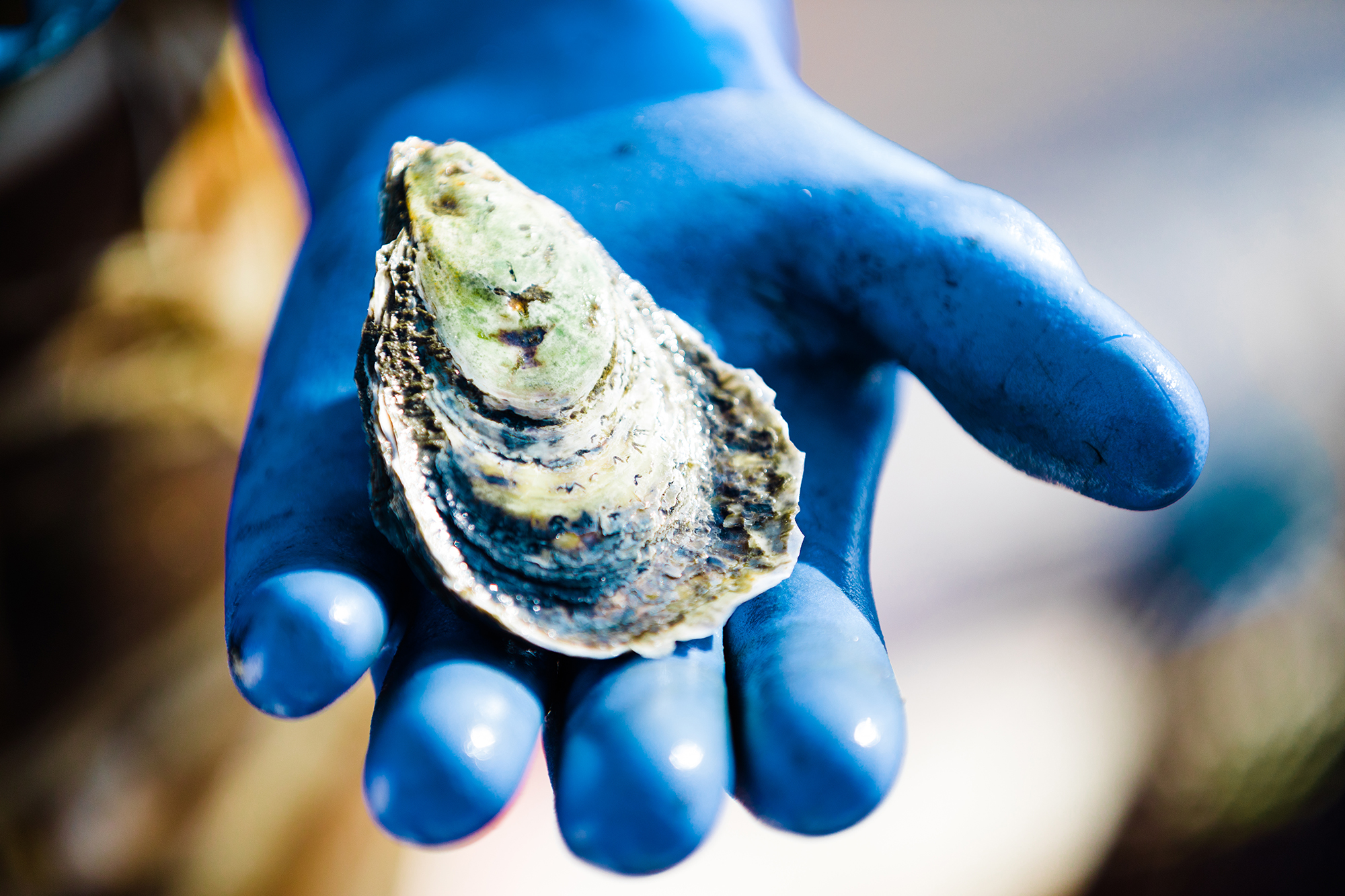
New NC Shellfish Initiative Aids in Florence Damage Assessments
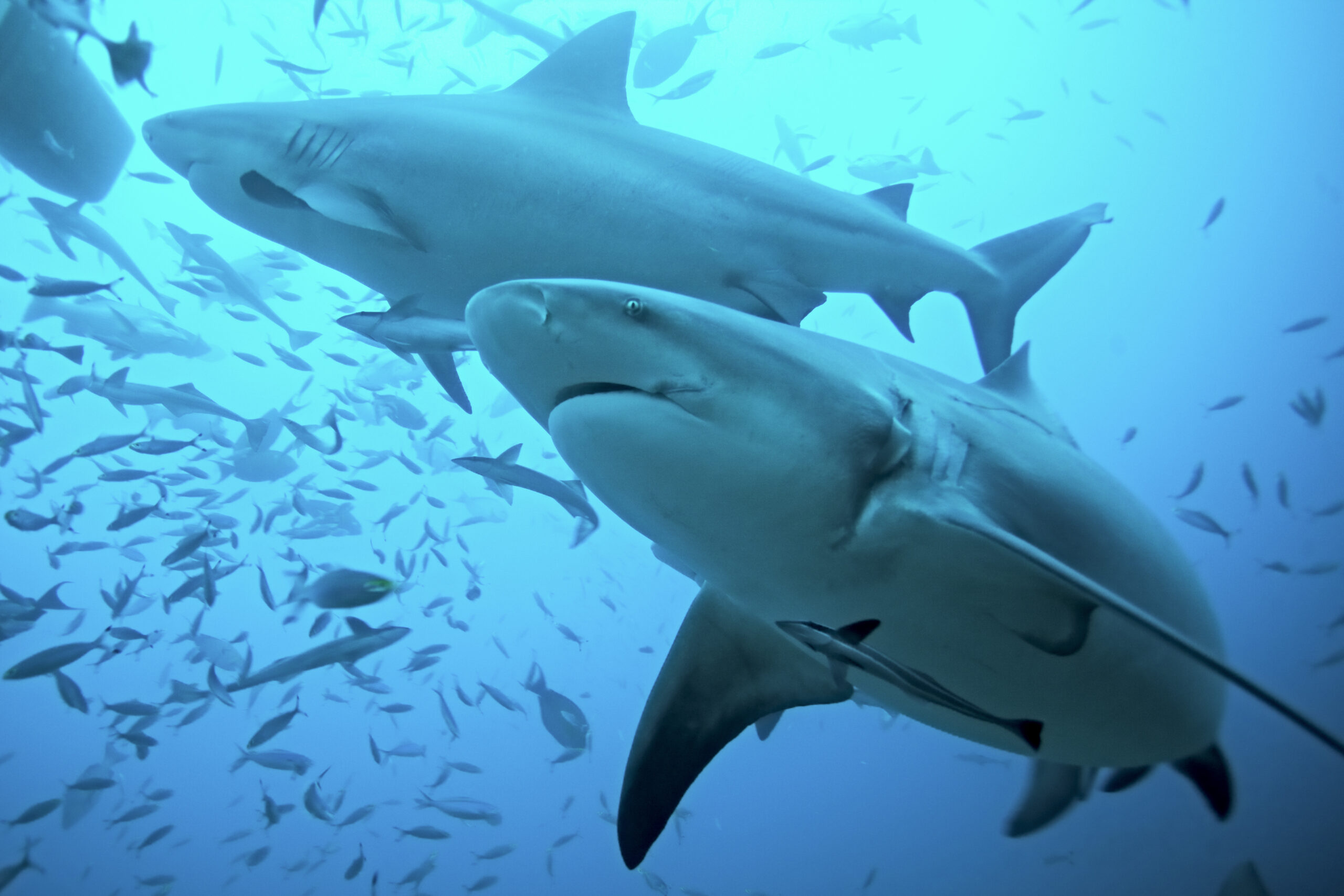
Welcome to the Neighborhood
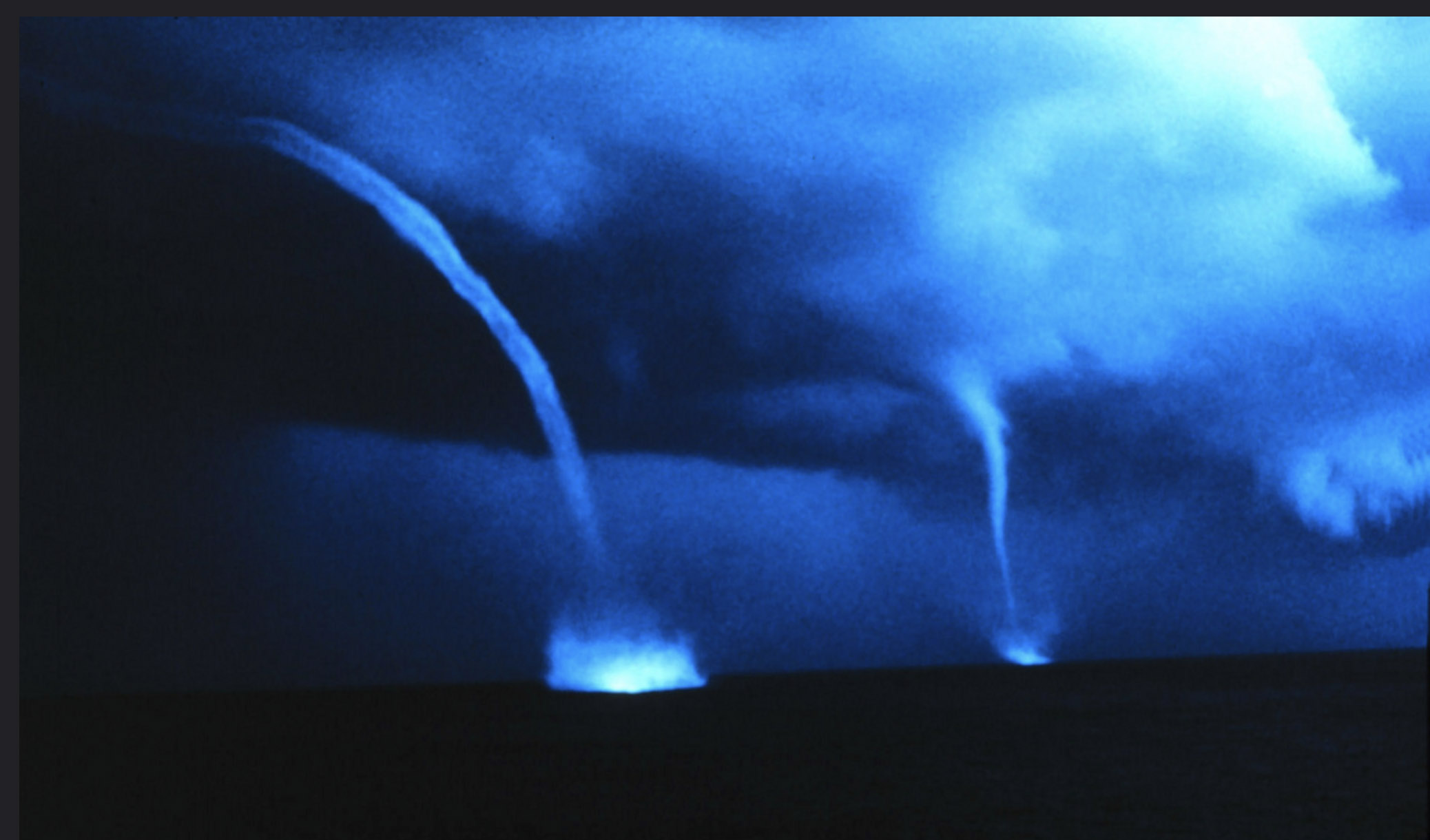
Into the Vortex with Frank López
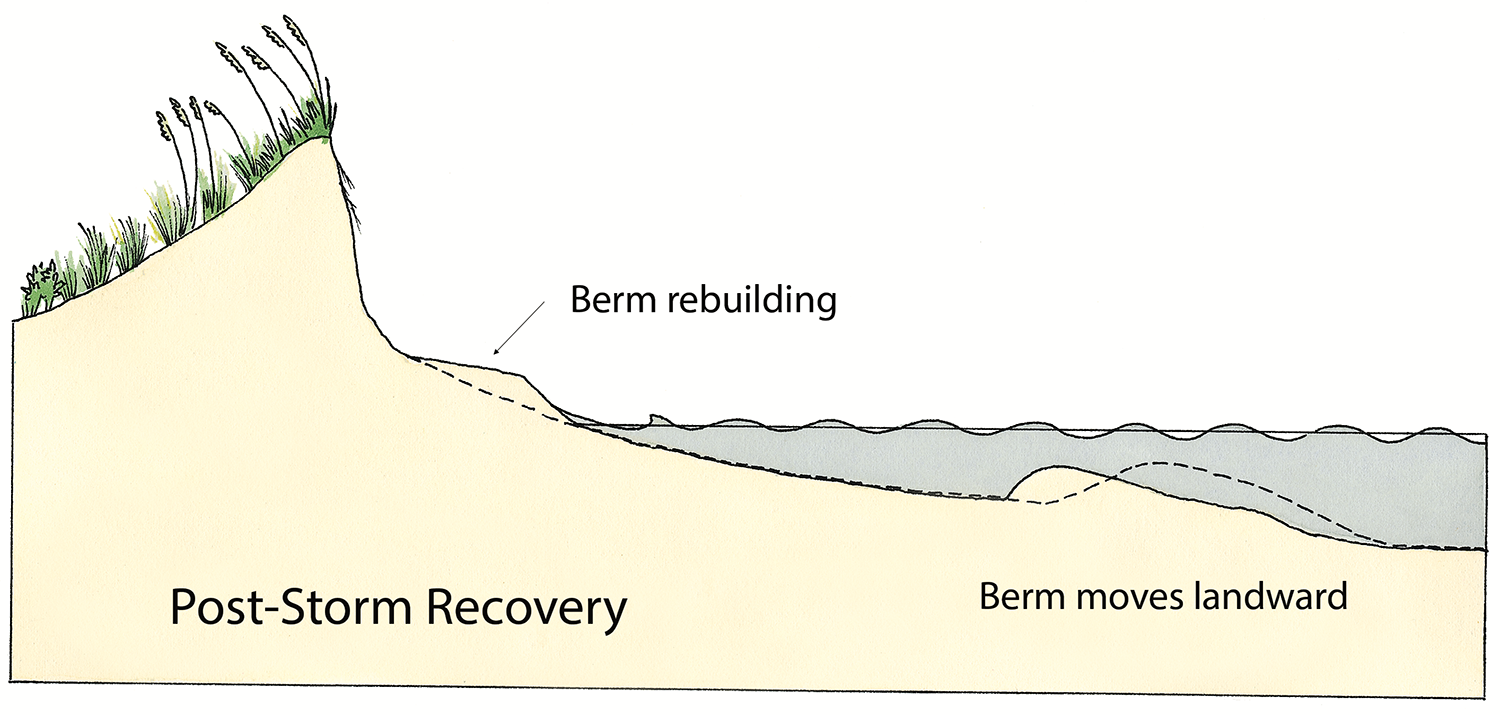
Drones Deliver Data on Oyster Reef Health
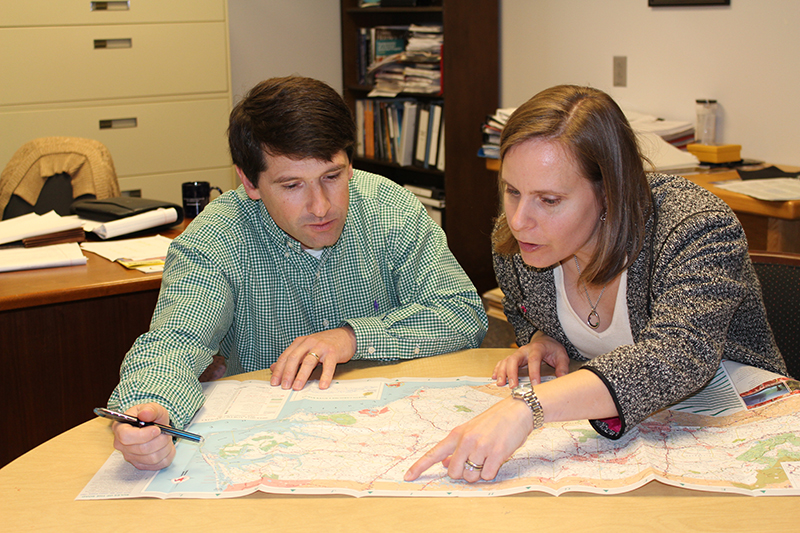
Coastal Connections: Adapting to Climate Change
